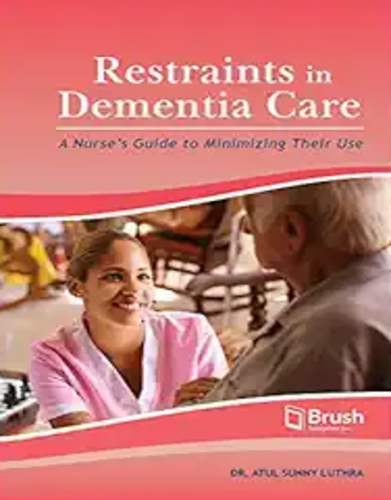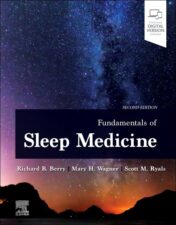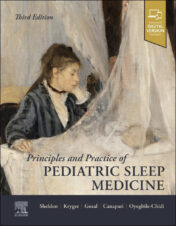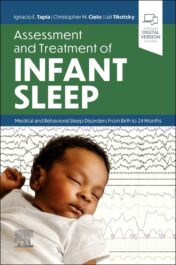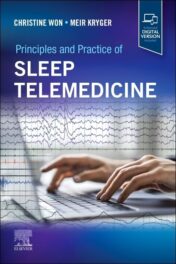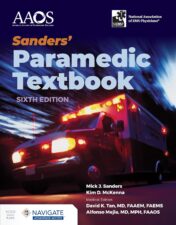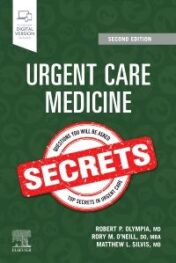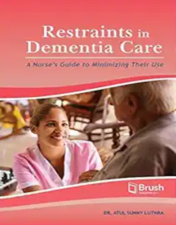Frontline nurses confront challenging decisions daily when it comes to employing restraints in dementia care. They grapple with a multitude of complex factors, including legal regulations governing restraint use, healthcare facility policies, family expectations, and, most critically, the well-being, dignity, and safety of both patients and caregivers.
Frontline nurses require the proper guidance to navigate these decisions effectively.
Dr. Atul Sunny Luthra and his team have devised an algorithm designed to offer precisely that support. Their work draws from focus-group discussions with frontline healthcare personnel, a comprehensive examination of current literature on restraint use, and a concise overview of pertinent legislation. The algorithm’s methodical approach ensures that restraints are considered a last-resort measure and provides clear steps for when their use becomes necessary.
This concise guide encompasses:
A survey of nurses’ viewpoints on the use of restraints.
Alternatives to restraints for patient management and an assessment of clinical indicators warranting restraint use.
Procedures to guarantee informed consent when restraints are deemed necessary.
A reference guide delineating appropriate and inappropriate restraint usage in routine clinical scenarios.
Empower frontline nurses with the resources they need to make informed decisions regarding restraint use while prioritizing the well-being and dignity of those under their care.

